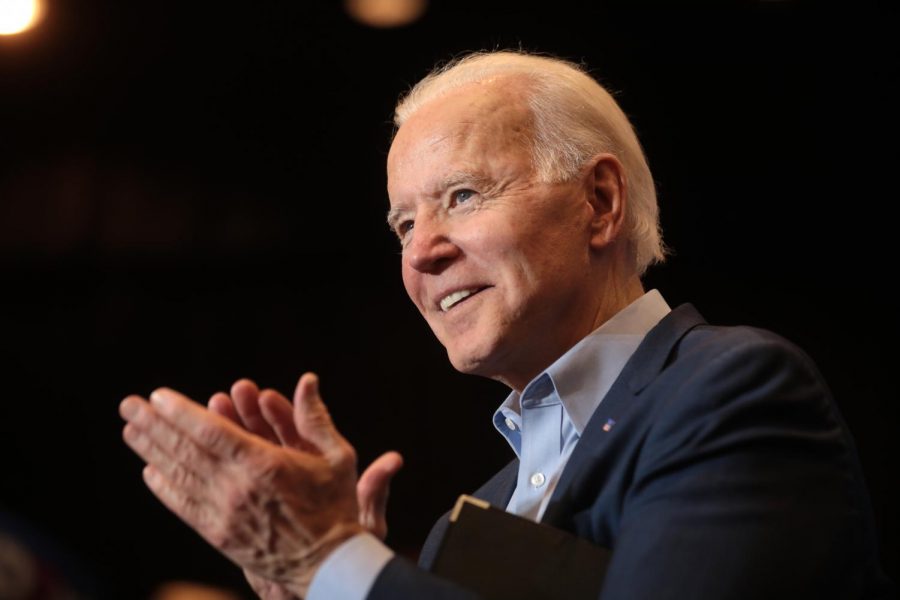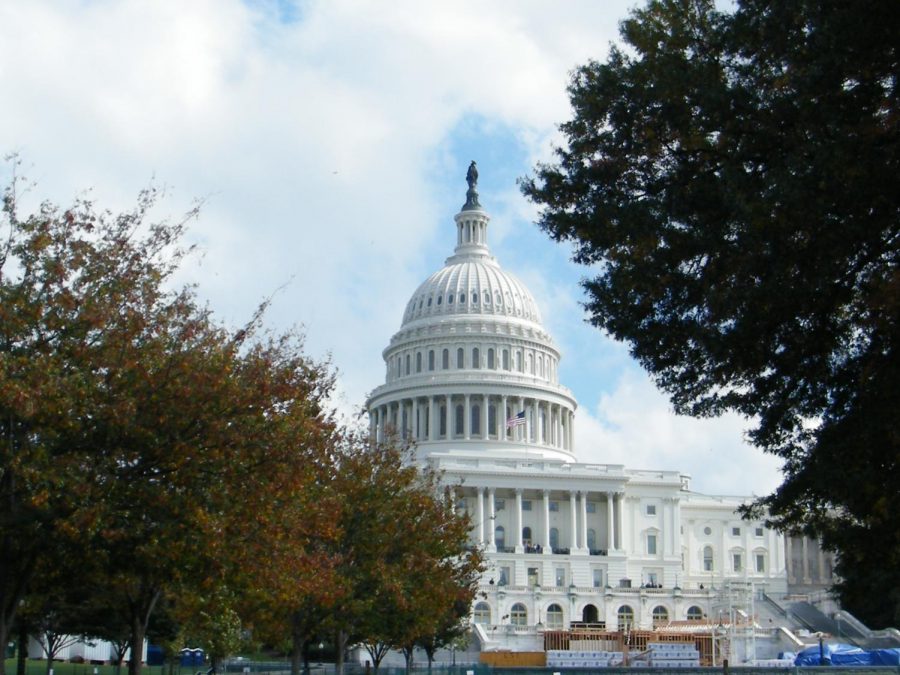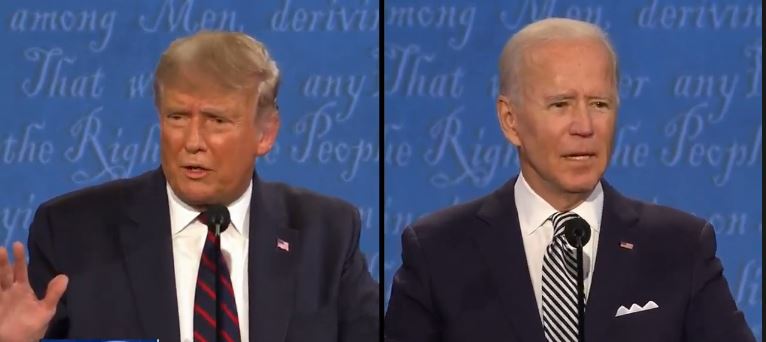In the past several months, political revolutions have spread across the Arab world like wildfire.
It all started when Zine El Abidine Ben Ali, the former Tunisian president, fled after weeks of protests. Now long-standing regimes in Libya, Algeria and Bahrain are facing political and social upheaval.
But the biggest story so far has been the ousting of Hosni Mubarak, Egypt’s president for 30 years.
Since late January, the world has been collectively focused on the Egyptian events. Discussions and theories about how this has transpired have made their way from the streets of Cairo to classrooms and campuses worldwide.
At a forum held last Wednesday, nearly 70 students and professors discussed the ramifications as one of the U.S.’s strongest Middle East allies is undergoing the historical change.
Riman Barakat, an international affairs graduate student, spent six years living in Cairo and spoke on the role of social media in the Egyptian protests.
“After the protests in Tunisia started, I logged on to Facebook,” Barakat said. “I saw a lot of my friends in the Middle East had changed the picture to the Tunisian flag or had statuses supporting Tunisians. There was a unity among them, everyone wanted change and supported one another.”
Barakat also emphasized the key role that Egyptian youth played in organizing.
“From my time in Egypt, I saw a sort of infrastructure in the Egyptian youth,” Barakat said. “They had the resources and ability to effectively mobilize and do so in a peaceful way.”
Phillip Naylor, a professor in history, was in Cairo when the first protest broke out. Before leaving Egypt just days after the initial protests, Naylor witnessed the growing discontent and seeds of political change.
After giving an abbreviated modern history of Egypt, Naylor pointed out that Egypt has been here before.
“In 1919, Egypt had its first major revolution,” Naylor said. “In 1952 they were at it again, so it’s not as if the recent protests were without precedence.”
Naylor recapped the past and then brought the audience up to speed on modern Egyptian history, before explaining why he was so interested in the protests.
The state of Egypt’s economy really caught Naylor’s attention. He said the country is a vital arm to economic relations, as a natural gas and oil producer and a country that “holds the keys” to the Suez Canal.
“Their economy is in trouble, and what transpires next is incredibly important,” he said.
Risa Brooks, an assistant professor in political science, discussed the role of Egypt’s military in the uprisings.
Like Naylor, Brooks gave a brief summation of the history of the Egyptian military before analyzing their stake in the revolution.
“The military has cultivated and developed an identity as a guarantor of the regime,” Brooks said. “It values the social esteem it has gained in the eyes of the population. They are the bedrock of the regime and it’s a strategic move to not engage protestors with any malice.
Brooks said even though the military has assumed temporary control of the government, it’s not likely they want to remain in that position.
“It’s clear that the generals do not have a desire to run the country outwardly,” Brooks said.




